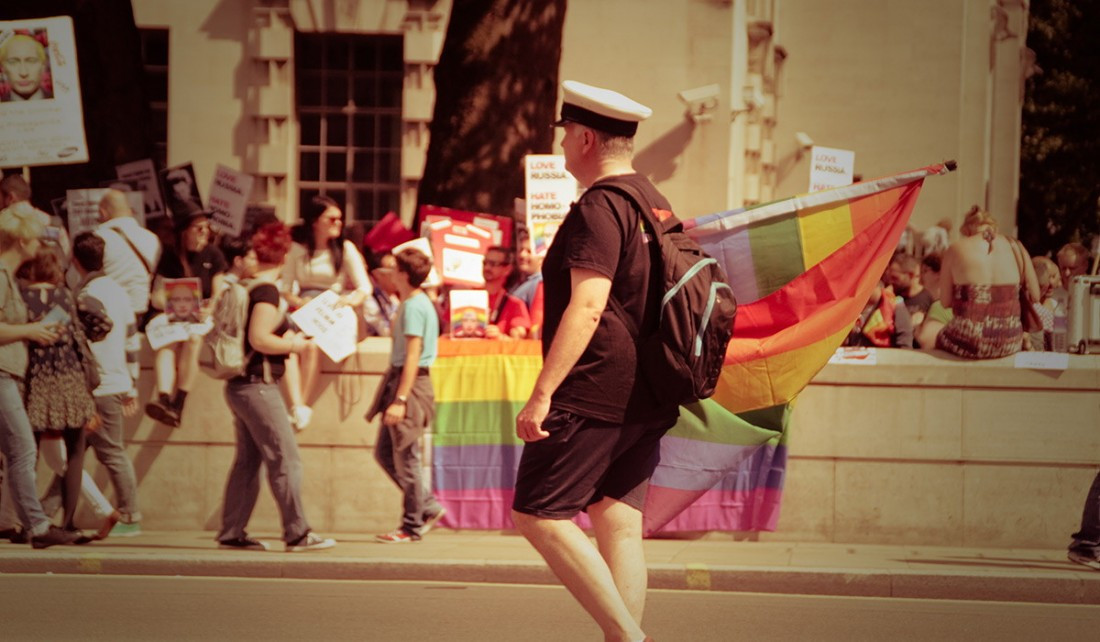Discrimination and Sochi
Taking a discussion beyond the Olympic Games
Sochi, Russia is the site of the 2014 Winter Olympic Games and, as most following the event will already know, has become a source of controversy because of that country’s repressive laws targeting its LGBT* communities. There has been much outrage expressed towards Russia for the homophobic policies of its government, and responses have come from many countries. The United States, for one, has sent openly gay athletes to the Games, while various expressions of solidarity – the German team wearing Pride colours during the opening ceremony – have surfaced just in the last week.
Although people are currently talking about discrimination in Russia, I foresee an upcoming, and perhaps even bigger problem. As the Olympics take place people have actively discussed the situation for LGBT* people in Russia, but it seems that after the games end, many of us won’t even be thinking about the problem – we will have another news item to focus upon, or issue to debate on social media.
There are currently many nations in which members of LGBT* communities are facing similar forms of discrimination. In some of these cases, such as Uganda, gays are being treated even worse than they are in Russia. Strangely, these issues are rarely discussed. If the people currently criticizing Russia’s policies want to inspire change they need to continue the conversation well after the Olympics end. They must pressure political leaders to address problems that face LGBT* communities at home and abroad, and approach it as a global issue. Homophobia is a problem of equal importance no matter the country of origin.
Most of all, politicians and heads of state need to be asked to do more than they’ve already been doing. We need our governments to be talking to other leaders about progressive legislation and committing to long term goals. Equal rights need not just be something that takes place in everyday conversation but a pinnacle that everyone is trying to achieve.
If we are sending openly gay athletes to another country we are showing the leaders of that nation we have built a society of acceptance and embraced the differences between all people. We need to send these messages physically and vocally that equal rights is a human project, not just an idea shared in newspapers, magazines or on the Internet. After all, social action is a potent historical force.
Our leaders are the ones who are able to bring about the changes that so desperately need to happen. If we can start convincing presidents and prime ministers in other countries to be the change that is needed we can do a lot together to help those in LGBT* communities everywhere. Let’s promise to never stop speaking about human rights, and not rest of the laurels of the Olympic Games to express ourselves and stand in solidarity with those who need it most.
Jack Lotz is a writer and comedian. He studies creative writing and theatre at the University of Winnipeg.
Published in Volume 68, Number 21 of The Uniter (February 19, 2014)







